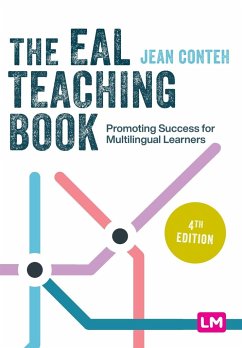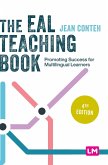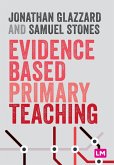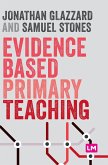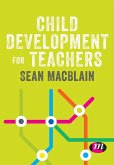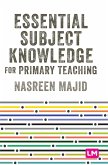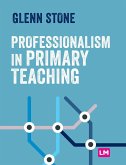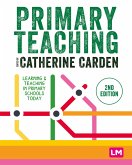As the number of children for whom English is an Additional Language in schools increases, how do teachers and trainees prepare to support them to succeed?
A complete guide to understanding, learning from and teaching bilingual and EAL children in schools.
The text begins by asking 'who are EAL learners' and challenges some of the misconceptions about this group. It goes on to examine language in depth, providing focused theory to help teachers and trainees better understand the wider context of children's needs. This theory is supported by a wealth of information on practical teaching strategies and resources in the promoting learning section. The text covers planning across the curriculum for EAL and offers day-to-day practical support for teachers.
The fourth edition is updated throughout and includes a new chapter on EAL and SEND.
A complete guide to understanding, learning from and teaching bilingual and EAL children in schools.
The text begins by asking 'who are EAL learners' and challenges some of the misconceptions about this group. It goes on to examine language in depth, providing focused theory to help teachers and trainees better understand the wider context of children's needs. This theory is supported by a wealth of information on practical teaching strategies and resources in the promoting learning section. The text covers planning across the curriculum for EAL and offers day-to-day practical support for teachers.
The fourth edition is updated throughout and includes a new chapter on EAL and SEND.

